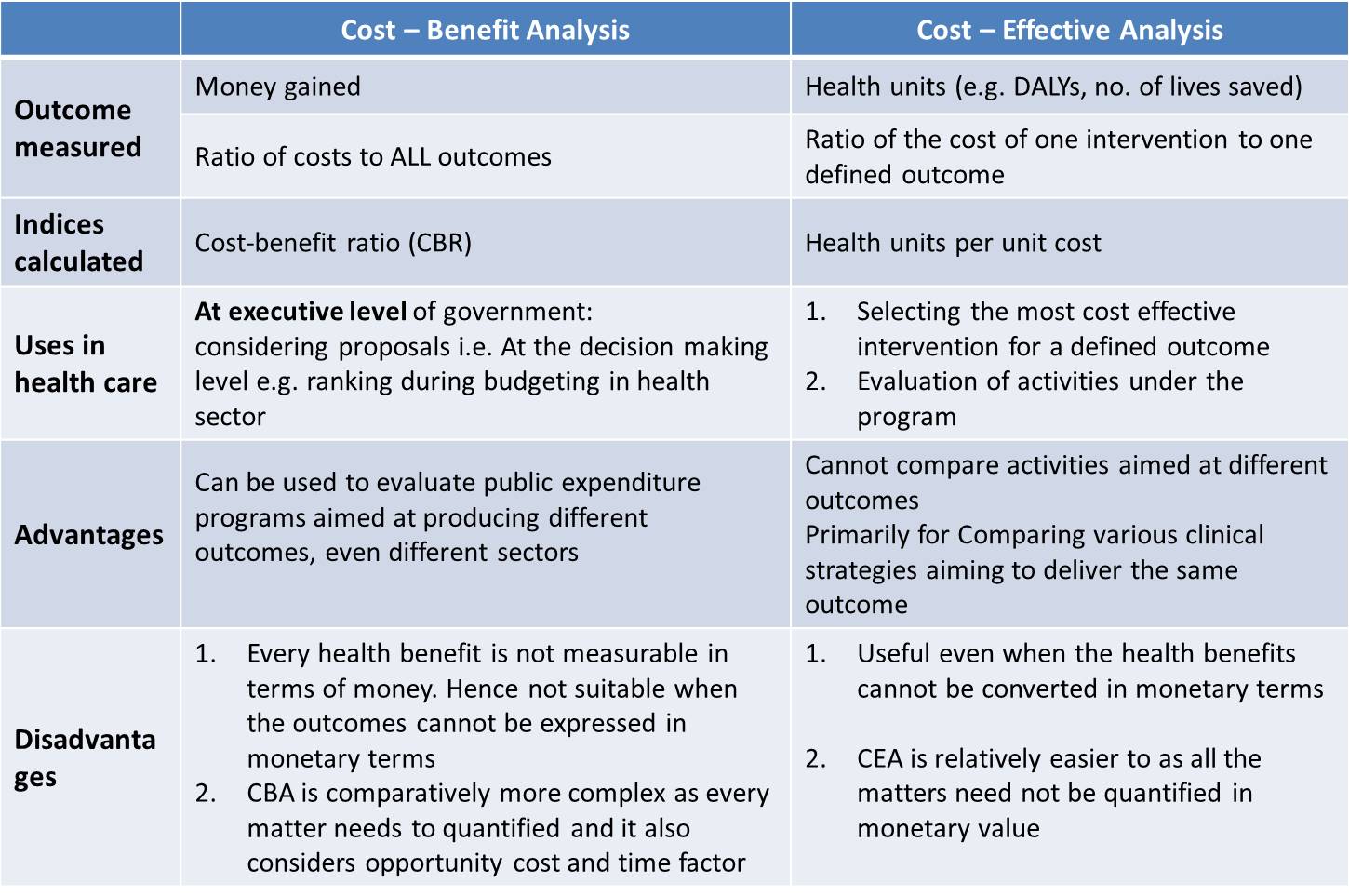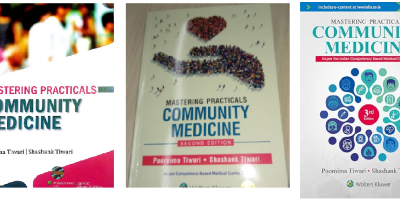This comprehensive guide explains all the public-health terms used in a community or family health survey format.
It covers how to draw locality and household maps, definitions of family types, identifying the head of the household, calculating dependency ratio, and determining socioeconomic status using Kuppuswamy, Pareek and BG Prasad scales.
The blog also explains assessment of overcrowding, ventilation, lighting, mosquito/fly breeding sites, and water-supply types. Nutrition-related concepts such as Reference Man/Woman, Consumption Units, RDA, EAR, TUL, and methods of dietary survey are clearly described.
Under Maternal and Child Health, key terms—including puerperium, early initiation of breastfeeding, exclusive breastfeeding, complementary feeding, weaning, and “fully” vs. “completely” immunized child—are explained in simple, practical language.
This article serves as an essential reference for MBBS students, community-medicine trainees, and health workers performing family health surveys or community diagnosis.






